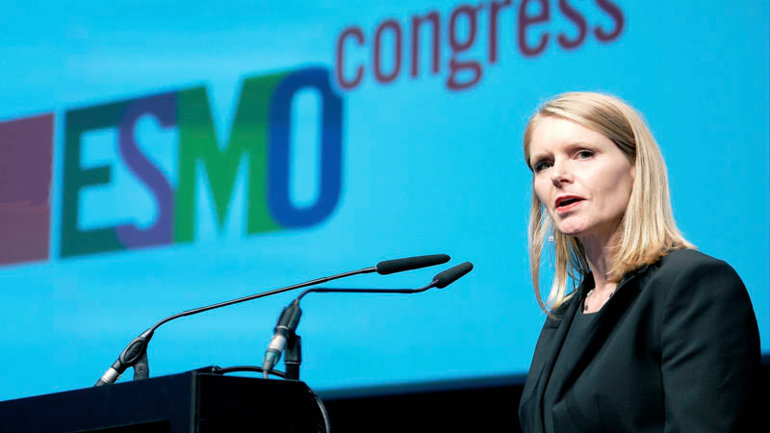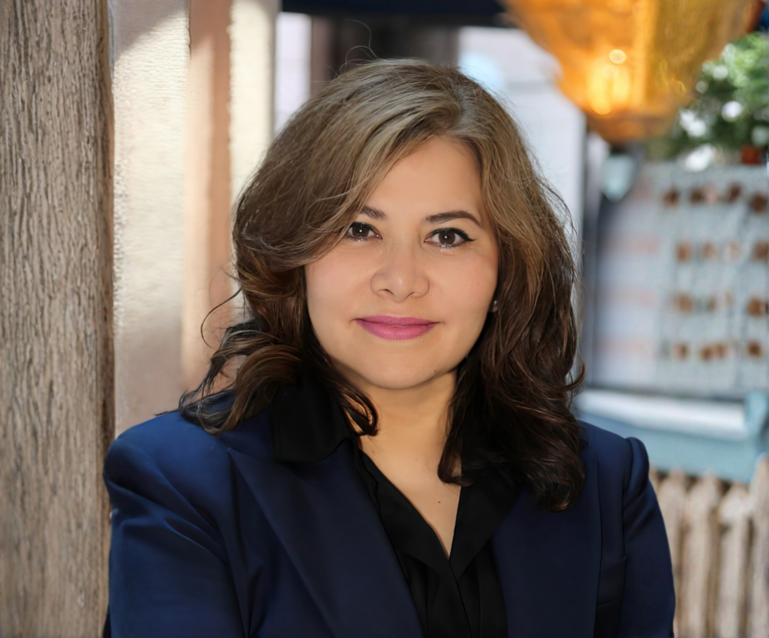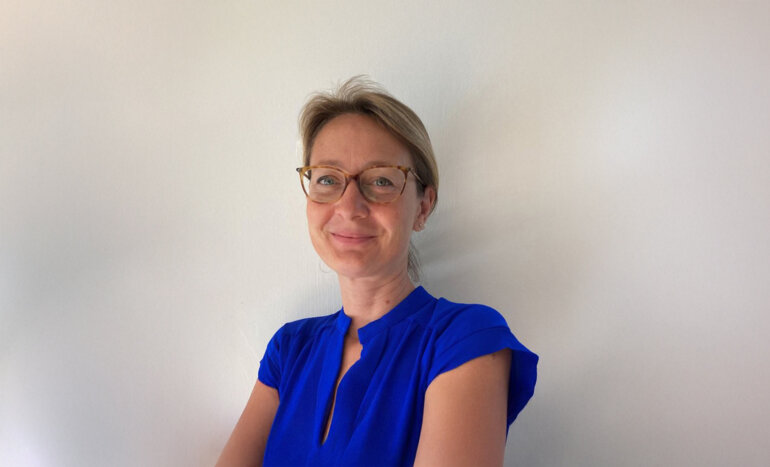International oncology experts reunited as one oncology community to share the latest advances in the field at the ESMO annual meeting starting next week
In the pandemic era, connecting and engaging is ever more paramount to researchers, clinicians and patient advocates to disseminate scientific knowledge and make cancer care accessible. Offering an enhanced virtual experience with opportunities for networking and live debates with key opinion leaders from all around the world, the ESMO Congress 2021 will give the oncology community a chance to rebuild the sense of community that has been “quarantined” since the pandemic outbreak. “Following the success of last year’s edition, the virtual format will close the gap between the need and the willingness to embrace the world while remaining relevant to the local communities, bringing the education and the information that oncology stakeholders need exactly where they are”, highlights ESMO President Prof. Solange Peters presenting the scientific and educational programme of the international congress which will be held virtually between16-21 September 2021.
This year, almost 2,000 abstracts will be presented at the ESMO Congress, with 68 late-breaking abstracts.
Starting on Thursday 16 September with the release of educational sessions available on demand through the congress virtual platform, accessible to all registered users, the ESMO annual congress will dive deep into ground-breaking science the day after with proffered paper and mini-oral sessions, keynote lectures and the Virtual Plenary Debate, a brand-new format offering a discussion of new data recently presented at the ESMO Virtual Plenaries.
For the second consecutive year, the impact of COVID-19 on cancer care will feature strongly in the programme: latest updates on COVID-19 outcomes, severity and prognosis in cancer patients will be discussed, both in the acute phase of infection and in the long-term. Robust evidence will be presented on the safety and efficacy of anti-SarsCoV-2 vaccination in this vulnerable group. “The pandemic seriously impaired clinical research activities at its very beginning, but it has also come with novel opportunities to improve their implementation and overcome some well-recognised barriers such as time-consuming bureaucracy, restrictive eligibility criteria in clinical studies and the need of fast-track medicine approvals”, comments Peters. “In these unprecedented times, real-world data have proven to have a utility to shed some light on the population needs coping with the new viral infection, however ways to better integrate them into current research standards must be further investigated.” In addition to data from registries that will be presented at the Proffered paper session on SARS-CoV-2 and cancer, fresh results from the ESMO Resilience Task Force survey series will also provide a full picture of the effects the pandemic has had and continues to have on the oncology workforce.
Gender issues will not lag behind at ESMO 2021 with the ESMO Women for Oncology (W4O) organising the ESMO W4O Forum where both female and male experts will discuss how COVID-19 has hit women harder in their professional development and research activities during the healthcare emergency.
With the objective of influencing cancer policy at the national, European and global levels, the Public Policy Track on Monday 20 and Tuesday 21 will offer updates and debates on other issues that directly increase the burden of cancer and impact the value of cancer treatments. Highlights of the programme are Special Sessions on the potential bias when using the ESMO-Magnitude of Clinical Benefit Scale (ESMO-MCBS) in clinical practice and the accessibility to essential anticancer medicines organised in collaboration with the World Health Organisation (WHO) representatives. “The barriers patients face in accessing the treatments they need differ significantly between health systems, therefore an active collaboration with regional and international partners is essential to our work as a professional Society”, comments Peters. “ESMO is committed to promoting increased availability of and access to cancer medicines, including also a geographically adapted value-based reimbursement model, being developed with the London School of Economics, to tackle issues related to the reimbursement of expensive, innovative medicines. Importantly, it is not only about access: also, affordability of cancer medicines is crucial to the daily practice of medical oncologists in order to offer the best possible care to our patients.”
Streaming of presentations with interactive chat and Q&A sessions will be accessible live to registered users as well as scientific sessions, ePosters, Industry satellite symposia. The registration system is open and will remain open for the duration of the Congress.
Don't miss:
- Opening session - 17.09.2021, 12:15 - 12:45 CEST, Channel 1
- Virtual Plenary Debate - 17.09.2021, 15:05 - 16:35 CEST, Channel 1
- Proffered Paper session - SARS-CoV-2 and cancer - 21.09.2021, 13:30 - 14:50 CEST, Channel 5
- ESMO-MCBS: Can we keep it free from bias? - 21.09.2021, 16:20 - 17:20 CEST, Channel 1
- WHO access to meaningful drugs - 21.09.2021, 15:05 - 16:05 CEST, Channel 5
- Women for Oncology - 21.09.2021, 15:05 - 16:05 CEST, Channel 1






